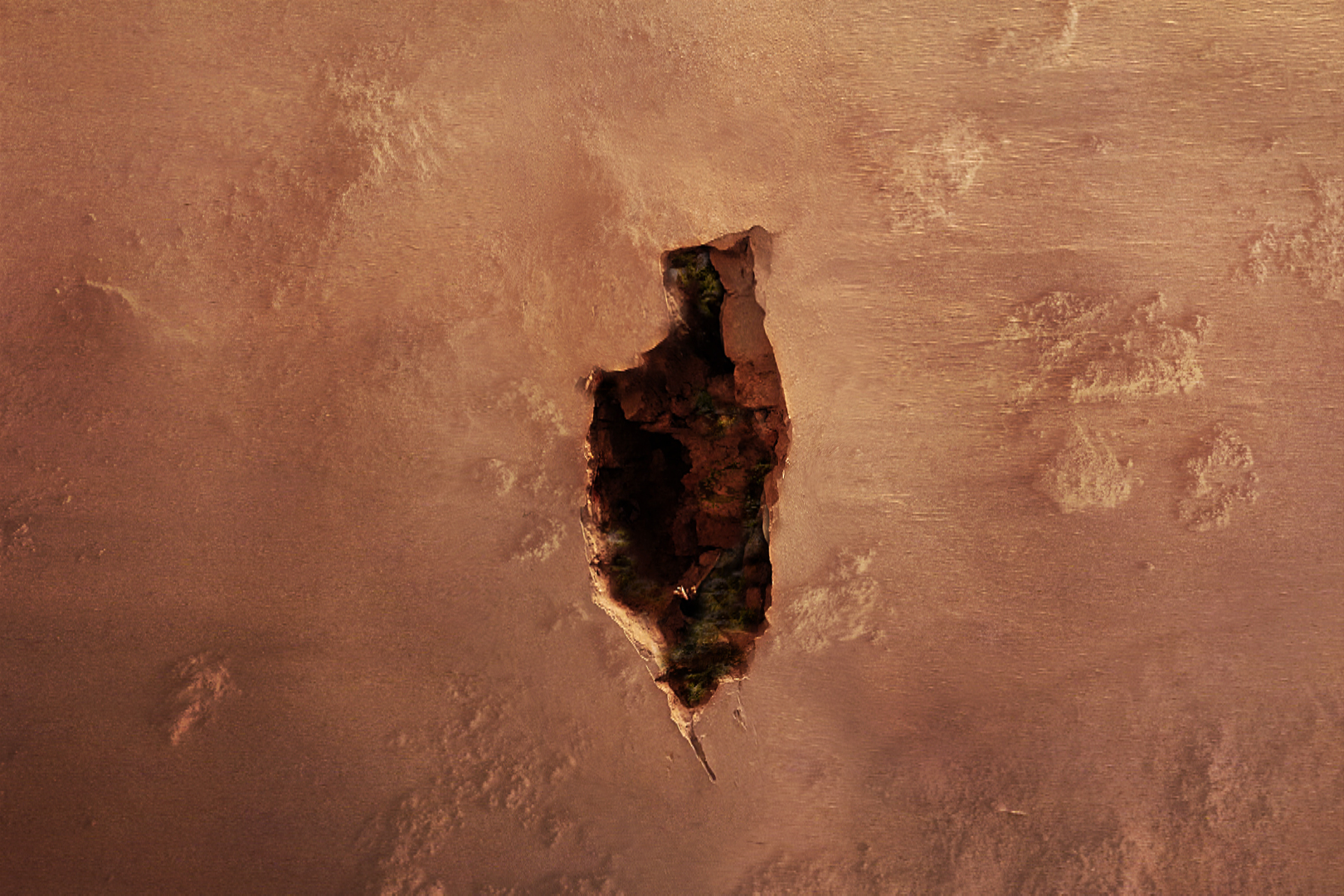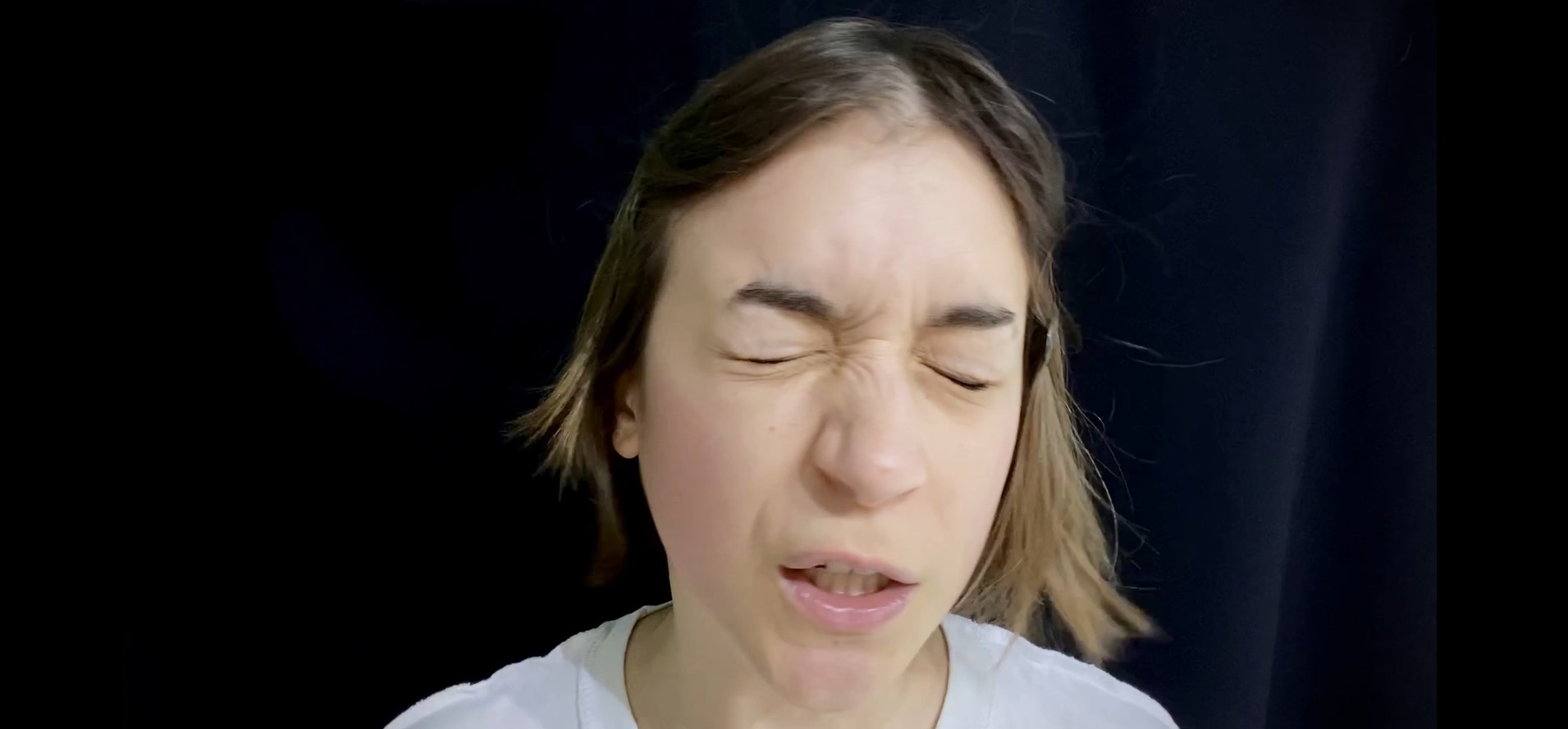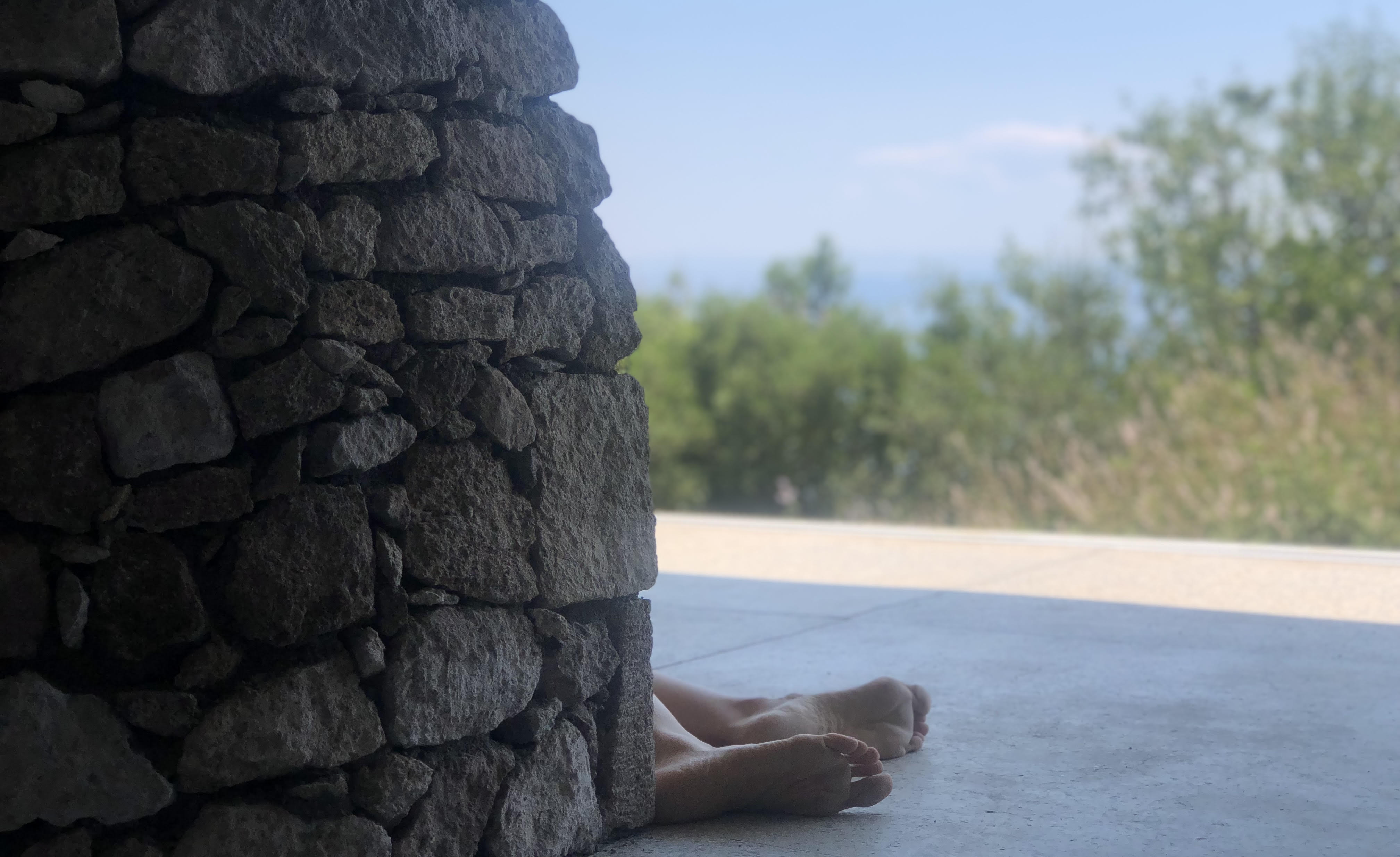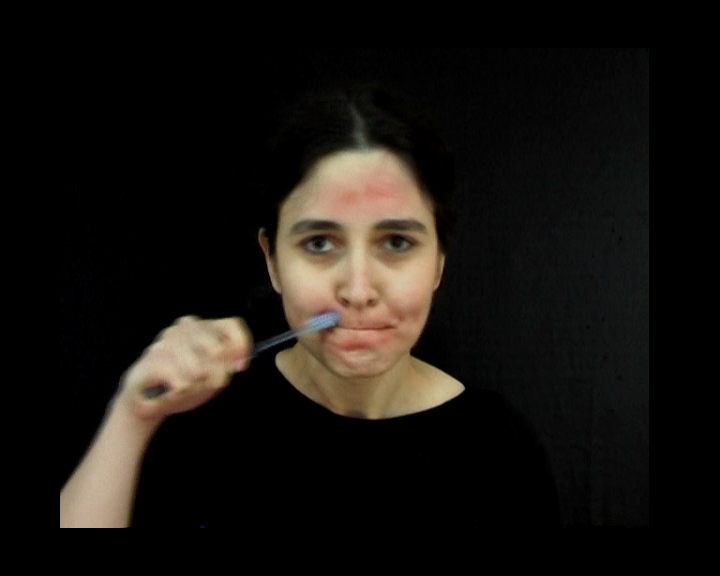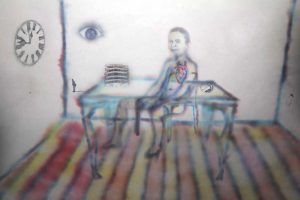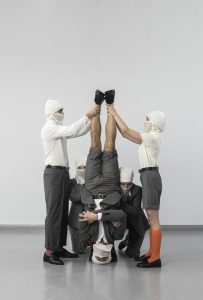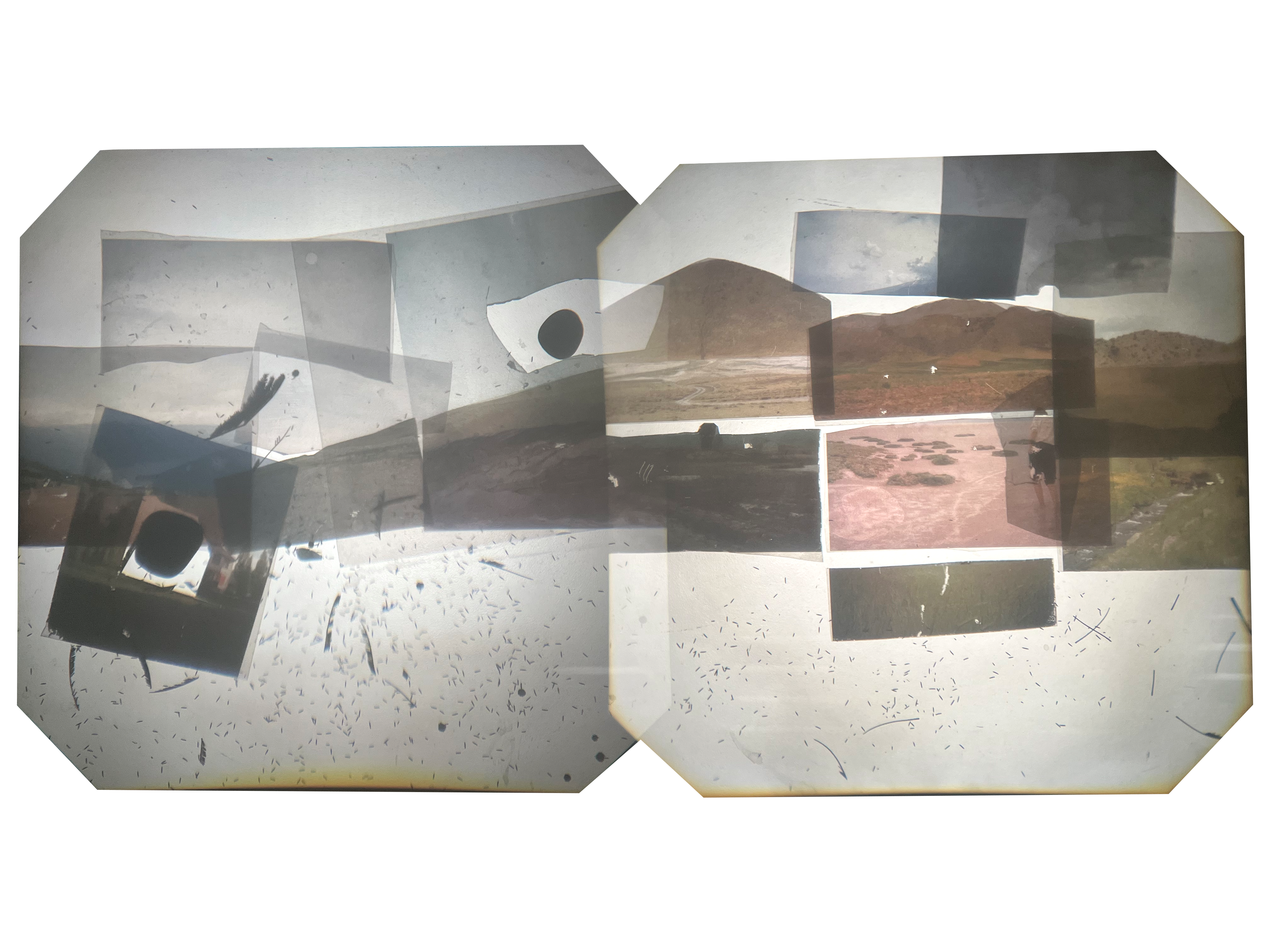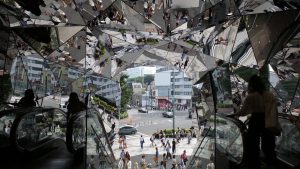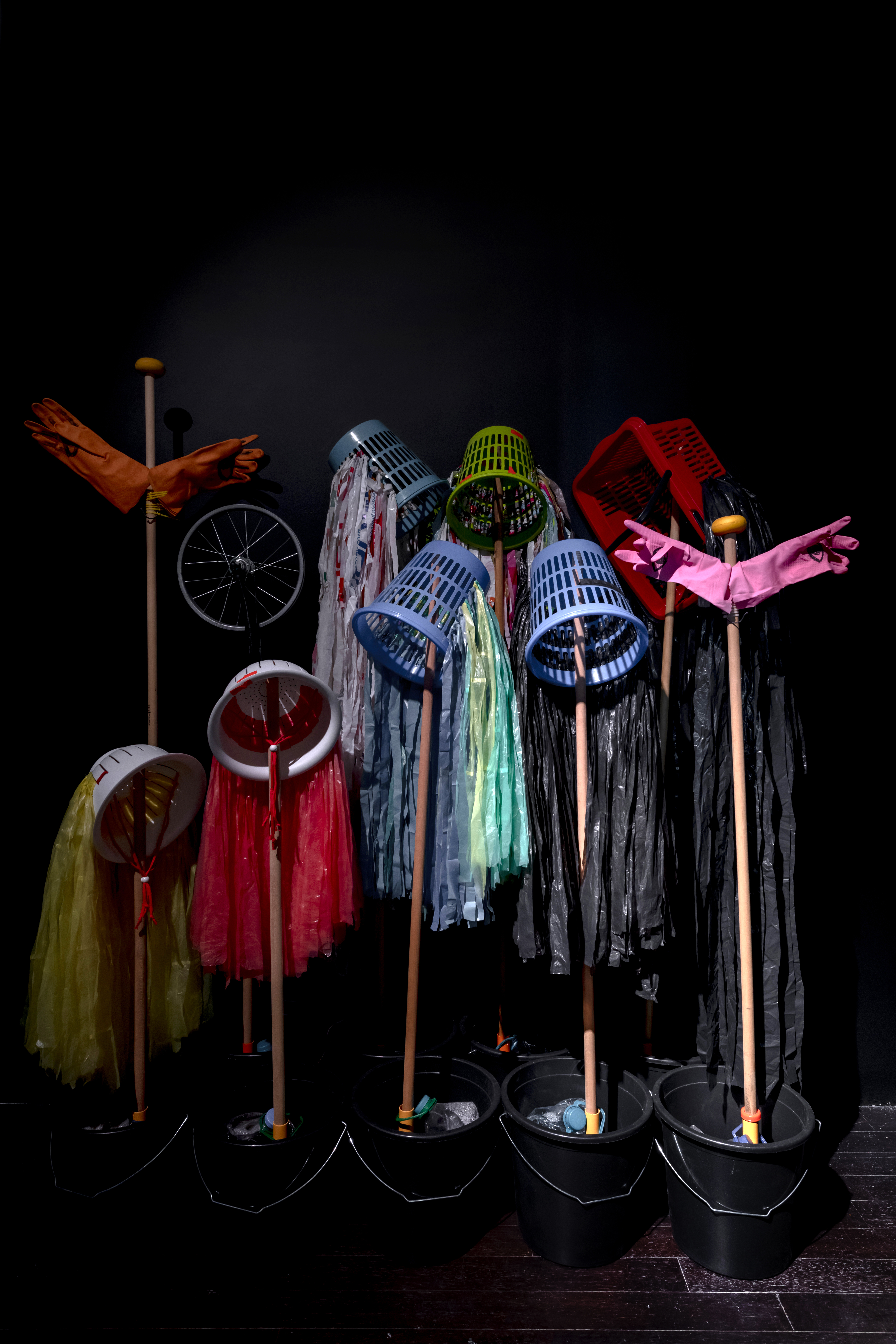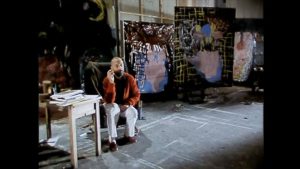QUARTET
A Selection from B3 Collection
Begüm Yamanlar, Eda Sütunç, Leman Sevda Darıcıoğlu, Hacer Kıroğlu
31.10.2023 – 25.11.2023
Bilsart that focuses on video productions is hosting the exhibition “Quartet” between October 31 – November 25, 2023.
The exhibition brings together the works of Begüm Yamanlar, Eda Sütunç, Leman Sevda Darıcıoğlu and Hacer Kıroğlu in a thematic selection. “Quartet” where one work will be exhibited each week, examines the relationship of human beings with themselves and their environment on the axis of bodily expression. It brings together for the first time four works selected from the B3 collection of Bilsart’s founder Selman Bilal.
Taking its etymological origin from the Latin word quartus, meaning “consisting of four parts, fourth”, quartet (fr. quartette) has been used to describe a musical group consisting of four solo instruments or voices since the 19th century. This definition, which points to a polyphonic and harmonious unity in music, on the one hand paves the way for examining the bonds of human beings with life and society from different perspectives, and on the other hand, by referring to the word “crossroads” (fr. carrefour) derived from the same root word, it opens up a comparative discussion of the relationship these ties establish with each other. Shaped by identity and the body, “Quartet” brings the videos produced by four artists at different times and with different motivations into the exhibition space, focusing on one at a time. The exhibition brings together the reflections of these fundamental human concepts in the practices of four interdisciplinary artists, Leman Sevda Darıcıoğlu, Hacer Kıroğlu, Eda Sütunç and Begüm Yamanlar, with a fiction that approaches the spirit of time with skepticism, opening the doors to new readings on the possibilities of togetherness.
October 31 – November 4 Begüm Yamanlar, Damage(2016)
November 7 – November 11 Eda Sütunç, It Didn’t Hurt (2020)
November 14 – November 18 Leman Sevda Darıcıoğlu, Complete Incomplete (2019)
November 21- November 25 Hacer Kıroğlu, Untitled (2009)
BEGÜM YAMANLAR, Damage
The transformation of the cities changes the human being by conditioning him/her. Human separation from nature and the history of civilization are progressing together. With the ever- transforming city, the transformation of the human being is read through the memory. The reconstructed city memory is told through a physical sensation. The destruction of the memory of the city, which becomes a kind of somatic sensation, is depicted on a wound on the city’s skin. This image, resembling a bleeding human tissue, makes the link between the human and the soul of the city visible. As the memory, which contains many memories, is transformed into a mass of images leaves a mark on the moment with the rapid and latile city life. Yamanlar’s video work from photographic images offers a glimpse of the city within the change.
EDA SÜTUNÇ, It Didn’t Hurt
In the video we see the artist slapping herself for three minutes. Each time she slaps herself she says “it didn’t hurt”. She continues slapping herself until she can’t. It is like a childish obstinacy to keep slapping her face while saying it didn’t hurt. Her feelings start reflecting on her physical body but she refuses the pain with her statement. The performance reveals her two selves: one who feels a lot and one who refuses emotions.
LEMAN SEVDA DARICIOĞLU, Complete Incomplete
“This house is not in a state that wants to be ‘completed’ but rather claims its incompleteness. It is not the pursuit of infinite transparency of the person towards the other, endless union with the other, endless sharing, endless shopping. It calls upon the person to content oneself with what is at hand and to look at the sky, the sea, the tree, the soil, and stand still. So desire here does not seek its impossible missing object, it lives what is in itself.”
In Complete Incomplete Leman S. Darıcıoğlu questions the effects of unpredictability and repetition. Each day, Darıcıoğlu starts her* performance by throwing a six-faced-dice and the dice determines what she* will do throughout the day. Each symbol on the dice points to a different action that she* had set.
The 6 actions which were choosen by the artist:
–(A construction built with the original stones of B2 house) Sitting in front of the big Windows opening up to olive trees, inside a tree-sided house made of stones where Darıcıoğlu can exactly fit into while sitting, thus giving her* a small space of 2-3 cm to enable freedom of movement, in front of the big windows opening up to olive trees
– Carrying a stone
– Counting by starting from 1 until the end of the day during 6 hours
– Reading some excerpts of Sappho poems selected by the artist
– Washing hands with water
– (If the artist is alone) “Waiting without waiting” / (if someone comes and sits in front of the chair she* placed) Firstly, offering an olive to the visitor inviting her/him/them to share a secret with her*
Taking its starting point from the architecture of B2 House which is made by the architect Han Tümertekin, Complete Incomplete form its main frame by questioning openness – closedness of human-being towards theirself and the others, the desire for remaining with the self and, the acceptance of the deficiency of human-being who is always incomplete.
All the actions have been chosen according to the house architecture and its relationship with its environment or the dynamics of the village itself.
Due to the house position in a North Aegean village, far from the city center the performance also brings into question the notion of isolation and the exhaustion related to its duration.
HACER KIROĞLU, Untitled
In the performance video, we see the artist aggresively brushing his teeth first, and then his whole face. The desired, seemingly innocent texture of the act of cleaning/cleansing, suddenly turns into an act of violence. This work points toward a proposition which highlights the possibility that concepts such as home, shelter might be charged with violence and struggle rather than peace and happiness.

